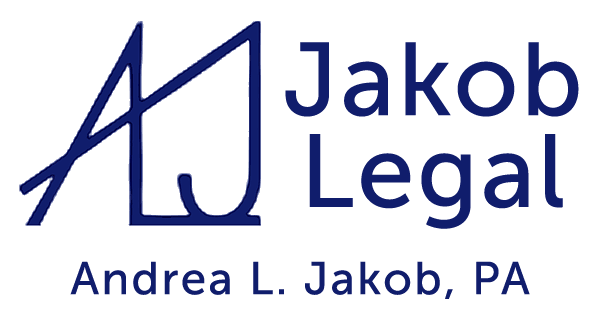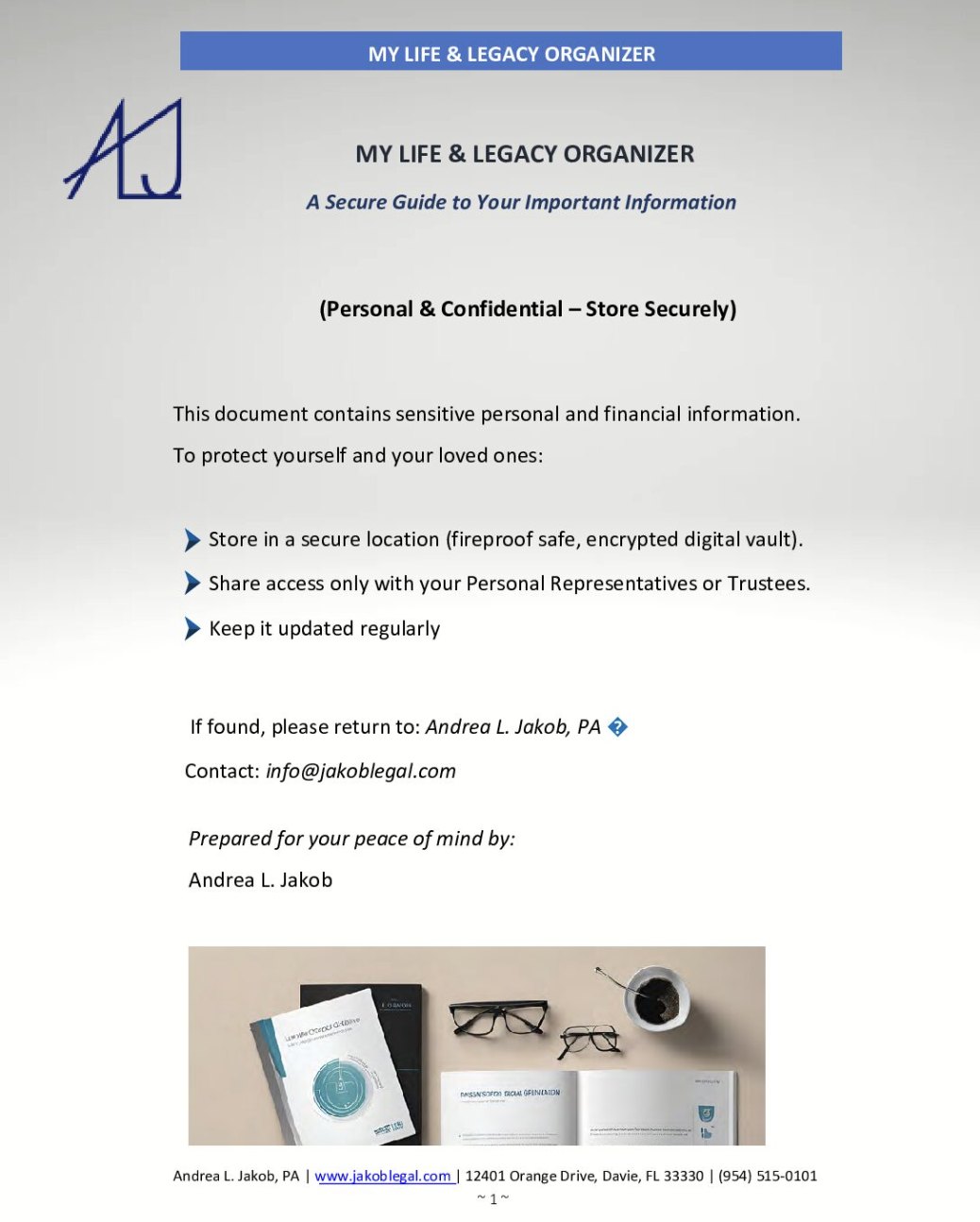Myths and Frequently Asked Questions: Planning for Conflict-Prone Families
Myth 1: My spouse and I had our estate plan prepared 20 years ago. We don’t have to worry about anything until one of us passes away.
Fact: Estate planning is not a one-and-done event. By not updating your estate plan to account for changes in your life and family in the past 20 years, you are opening the door to potential gaps in your plans and family conflict.
Your minor children may be adults now, and you may need to change how you want them to receive their inheritance. Also, since time has passed, you may want to name different trusted decision-makers (personal representative, successor trustee, and agents under a financial or medical power of attorney). People pass away and move away, or other individuals may be a better fit now. You want to ensure that you choose the right people to act on your behalf.
Myth 2: My son has creditor issues. To ensure that my money does not get into his creditors’ hands, I cannot leave any money or property to him.
Fact: Disinheritance is not the only option. Trusts can leave money to your son that will be for his benefit only. You may designate a trustee to only give your son money or property at the trustee’s discretion. Because your son would not be entitled to the money and property outright, it would be harder for most creditors to reach it.
You can do the same with fewer restrictions, liberal discretion or gifting at certain ages, interval s or life achievement. While any funds given to your son at these triggers would be accessible to his creditors, it’s still better than providing the full amount all at once or disinheriting him.
The same goes if you have a beneficiary with a drug, alcohol or gambling addiction. Trusts can help you craft a plan to provide for your loved ones and at the same time, protect what you are leaving behind.
Frequently Asked Questions
Question: I want to keep my estate planning private. How can I help prevent conflict while still protecting my privacy?
I like to only share what is necessary at the time and relevant to your family’s needs. It is important to at least let your family know that you have had a plan prepared and that it reflects your current wishes. With this information, your family will understand that the choices you made were yours and not someone else’s and that you have taken the time to memorialize them.
If you feel comfortable sharing more details about your plan with your family, consider having a family meeting with an estate planning attorney. This meeting is a great way to make sure your family members understand your estate plan and the reasons behind your choices. Open communication helps keep things transparent, reducing misunderstandings and the risk of future conflicts. It also gives your loved ones a chance to ask questions and get clear on everything. By addressing any concerns ahead of time, you can create alignment and ensure a smoother transition down the road.
Using a trust as the main tool in your estate plan lets you spell out your wishes and give instructions to the person managing the trust’s accounts and property. The trust includes all the necessary details, so there’s no need for court involvement. Since the court isn’t involved, the terms of the trust usually stay private and are only shared with those affected.
I also love to include family letters, written from the heart (and which can be revised at any time) explaining your choices, your rationale for the plan you’ve drafted and expressing your love to each of your children.

